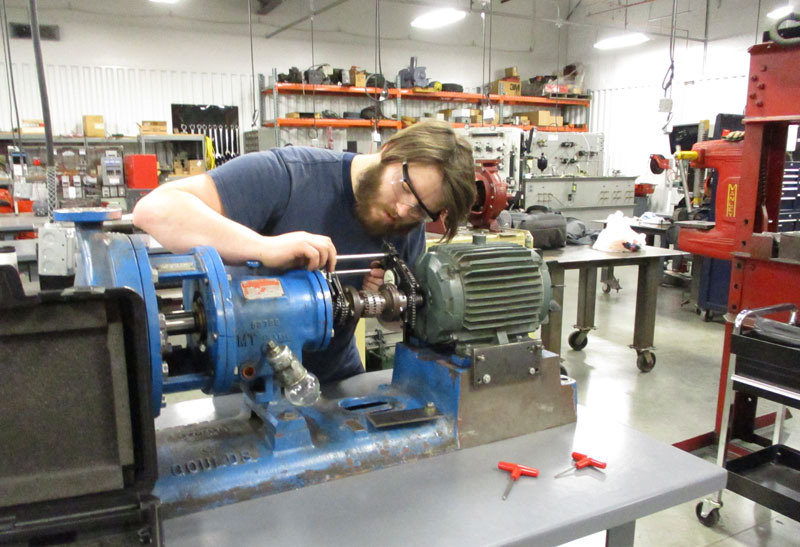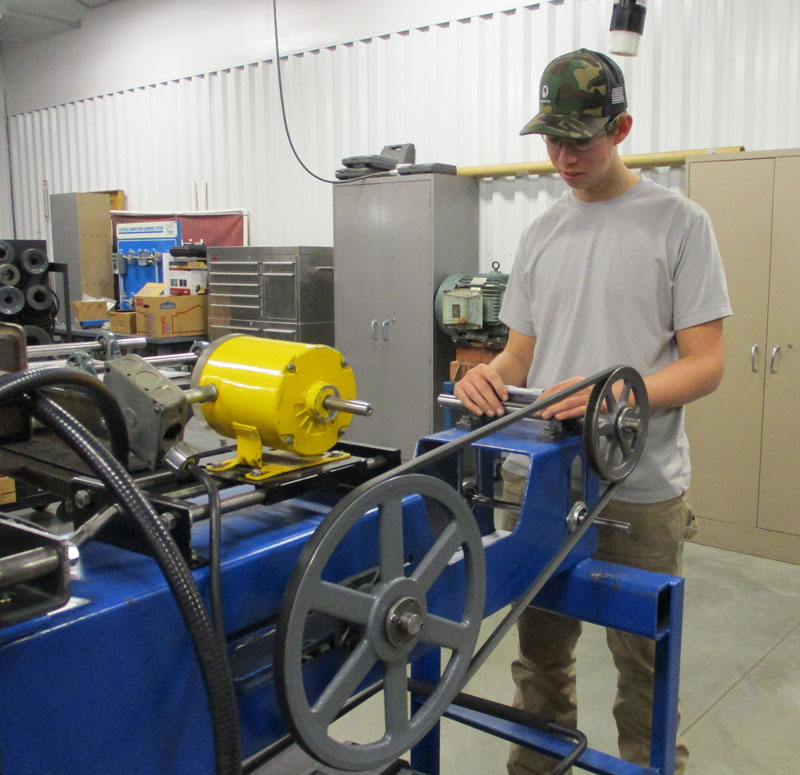Tag: Welding
North Idaho industrial mechanics program is held in high regard


In 2009, high school agriculture teacher Shane Stockham decided to make a big career change and accept a position as the instructor for North Idaho College’s (NIC) Industrial Mechanic/Millwright program. The 11-month program prepares students for employment as industrial plant maintenance mechanics or millwrights. Students learn the basics of maintenance, fabrication, installation, and alignment of equipment used in modern industrial and manufacturing plants.
“They’re the jack of all trades,” said Stockham. “You have to be skilled in a lot of areas, such as welding, hydraulics, electricity, rigging, pipe fitting, and mechanical drive and transmission systems. You’re not doing the same thing all the time, and after 14 years in the classroom, that really appealed to me.”
Though Stockham had a mechanical background and years of experience with farm equipment and welding, he had never been a millwright himself. But he was up for the challenge and spent the better part of 2009 and 2010 boning up on his skills, conducting research, and connecting with industry partners and the previous instructor to help his students succeed. Since the basic requirements of an entry-level millwright are fairly consistent, Stockham made only a few tweaks to the curriculum. One of the most impactful changes he made was having his students visit regional lumber mills and manufacturing facilities two or three times per year.
“Seeing the equipment in action gives them a feel for the work environment and different employers so they can think about whether they’d like to work in that setting,” said Stockham.
“Seeing the equipment in action gives them a feel for the work environment and different employers so they can think about whether they’d like to work in that setting.”
Shane Stockham

Thirteen years later, Stockham has hit his stride and takes pride in the fact that regional employers hold certificates from his program in high regard. About 90 percent of his students have jobs lined up when they graduate, and industry partners enthusiastically serve on his advisory committee, fund student scholarships, and donate materials. Employers such as the Idaho Forest Group, Stimson Lumber, and Kaiser Aluminum are eager to hire program graduates, and entry-level millwrights can expect to make $27 an hour to start with the potential to make up to $42 an hour once they achieve journeyman status. More experienced graduates have landed employment with the Army Corps of Engineers working on dams along the Columbia River or with Avista Utilities. One student even got hired by Rocky Mountain Construction in Hayden, Idaho, building roller coasters all over the world.
“Anybody who goes through the program is proud of it,” said Stockham. “It’s really hard, but when you look at where you start and where you end up, you have all these skills and can land a great job.”
Though employment opportunities abound, some graduates choose to complete the Mechatronics program and earn their associate degree.
“As everything becomes increasingly automated, mechatronics and mechanics is the wave of the future,” said Stockham. “If students can take the knowledge they learned as a millwright and understand how it drives work and the mechanics behind it, they become much more valuable workers.”
Industrial mechanics provides plenty of variety, opportunity, and competitive wages, but Stockham says his biggest struggle is creating awareness that the program and profession exist. Once potential students have an opportunity to learn about the program, they’re hooked.
“My former students are my best recruiters,” said Stockham. “Word of mouth is huge; many of my students have entered the program because they know someone who was a millwright who encouraged them to check the program out.”
 Official Government Website
Official Government Website